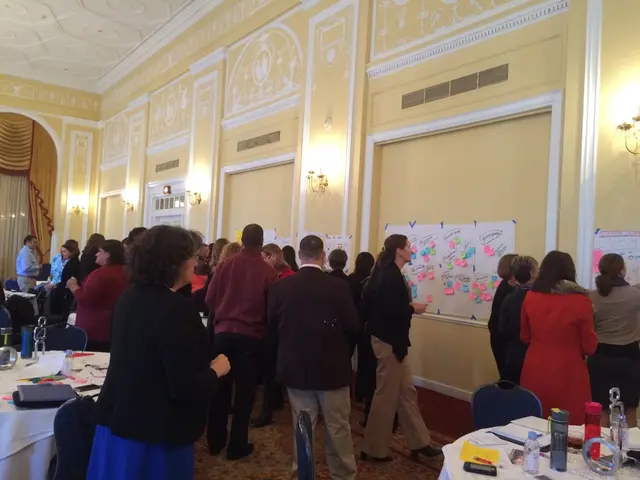College Mental Health Crisis Analysis from an Expert Perspective
College mental health has been under the spotlight for quite some time, with many labeling it a crisis. Yet, a renowned psychologist, Dr. Ben Locke, warns against this narrative, arguing that it may not help, but actually hinder help-seeking. In 2025, the Association for University and College Counseling Center Directors President echoed similar sentiments, stressing the importance of being proactive without succumbing to a fear-based approach.
The "crisis narrative," as described by Locke, is a pervasive cultural ideology that has evolved over the past 20 years. It paints a picture of global mental health in crisis, encompassing a variety of elements like well-intentioned mental health advocates, a growing mental health research industry, and a media inclined towards sensationalism. However, Locke believes this narrative, while not questioning the increase in mental health concerns, may result in schools reacting too strongly to normal human experiences, without strategically addressing students' needs.
Locke, who serves as the Chief Clinical Officer for Togetherall, advocates for a more holistic approach to mental health, focusing on peer-to-peer support. According to him, Togetherall offers a platform for students to connect with others facing similar challenges while being monitored by a clinical team. Interestingly, he reveals that 92% of college students using Togetherall report not using any other support services on campus, underscoring the need for diverse mental health resources beyond clinical interventions.
Schools, according to Locke, should first assess their clinical resources and provide education to combat the crisis narrative. They should acknowledge that human experiences involve ups and downs, gains and losses, change and stressors, and that the majority of students will go through such experiences. By taking a population-approach to mental health and offering a variety of resources, schools cancreate a supportive environment for students to navigate mental health challenges.
In essence, the crisis narrative in college mental health has become deeply ingrained, yet it’s crucial to reconsider its impact. By focusing on resilience and offering diverse mental health resources beyond clinical interventions, schools can help students navigate mental health challenges more effectively.
College students are in need of diverse mental health resources, as revealed by Ben Locke, the Chief Clinical Officer for Togetherall. Locke suggests that schools should shift their focus from the "crisis narrative" in college mental health, and instead implement a more holistic approach that includes peer-to-peer support. Schools should first assess their clinical resources and provide education to combat this narrative, and recognize that normal human experiences can involve a range of emotions and challenges. To create a supportive environment for students, schools should offer a variety of mental health resources, moving beyond clinical interventions alone. By doing so, schools can help students navigate mental health challenges more effectively, promoting resilience and wellness on campuses.







